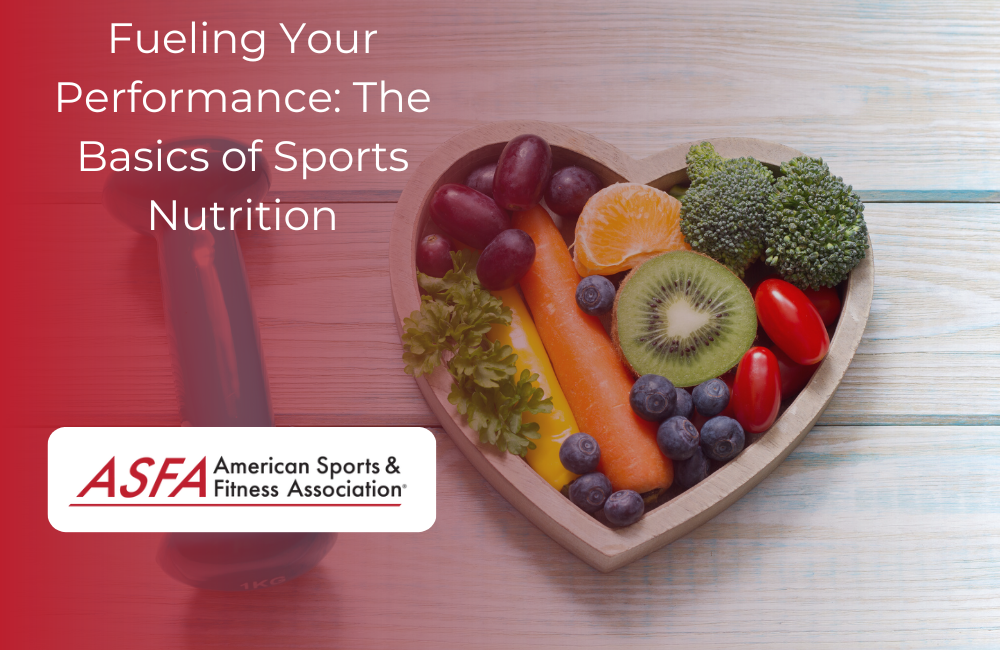
Fueling Your Performance: The Basics of Sports Nutrition
Sports nutrition plays a pivotal role in enhancing athletic performance and promoting overall well-being. It's not just about what you eat, but also when and how you consume nutrients. In this article, we'll delve into the fundamentals of sports nutrition to help you optimize your performance and recovery.
Understanding Macronutrients
- Carbohydrates:
- Carbohydrates are the body's primary source of energy. Complex carbohydrates like whole grains, fruits, and vegetables provide sustained energy, while simple carbohydrates from sources like fruits and sports drinks offer quick bursts of energy during exercise.
- Proteins:
- Protein aids in muscle repair and growth. Include lean sources like poultry, fish, lean meats, dairy, legumes, and plant-based proteins in your diet.
- Fats:
- Healthy fats from sources like avocados, nuts, seeds, and olive oil provide essential fatty acids. They support overall health and can serve as an additional source of energy.
Pre-Workout Nutrition
- Timing:
- Consume a balanced meal containing carbohydrates, proteins, and fats 2-3 hours before exercise to ensure sustained energy.
- Carbohydrate Loading:
- For endurance events, consider carbohydrate loading in the days leading up to the event to maximize glycogen stores.
- Hydration:
- Start your workout well-hydrated. Aim to consume about 16-20 ounces of water 2-3 hours before exercise.
During Exercise
- Hydration:
- Maintain hydration levels by sipping water regularly, especially during prolonged or intense workouts. Consider sports drinks for extended sessions to replenish electrolytes.
- Carbohydrates:
- Consume easily digestible carbohydrates like energy gels, chews, or sports drinks to maintain blood sugar levels and energy.
Post-Workout Nutrition
- Protein Intake:
- Consume a combination of protein and carbohydrates within 30 minutes after exercise to aid in muscle recovery. A protein shake or a balanced meal with lean protein sources is recommended.
- Rehydration:
- Replace lost fluids by drinking water or a sports drink. Aim to rehydrate adequately.
Supplements
- Use Wisely:
- Supplements can be beneficial, but they should not replace whole foods. Consult a healthcare professional or sports dietitian before incorporating supplements into your regimen.
- Common Supplements:
- Common supplements for athletes include protein powder, BCAAs (branched-chain amino acids), creatine, and electrolyte tablets.
Listen to Your Body
- Individualized Approach:
- Everyone's nutritional needs are different. Pay attention to how your body responds to different foods and adjust your nutrition plan accordingly.
- Consult a Professional:
- For personalized sports nutrition guidance, consider consulting a registered dietitian with expertise in sports nutrition.
Remember, a well-balanced diet tailored to your specific needs is the cornerstone of effective sports nutrition. By fueling your body with the right nutrients at the right times, you can optimize your performance, enhance recovery, and achieve your athletic goals.




